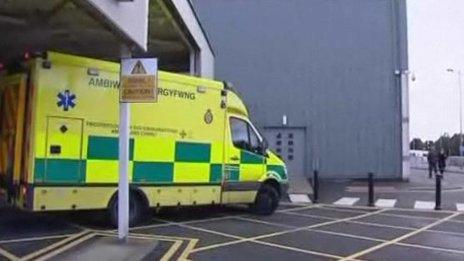Cardiff anti-violence scheme could tackle road crashes
- Published
Cardiff model: How does it work to cut violence?
A scheme for reducing violence which was pioneered in Cardiff and adopted by cities across the world could be used to help cut road accidents.
The Cardiff Model was launched 20 years ago to fill gaps in police knowledge by anonymously gathering information at hospitals from victims of violence.
It has led to changes such as plastic glasses in bars, real-time CCTV usage and pedestrian areas in trouble-spots.
Now the man behind the Cardiff Model wants to tackle another common problem.
Professor Jonathan Shepherd, chairman of the Cardiff Violence Prevention Board, said: "We would like to try this Cardiff Model approach on the prevention of road accidents - especially road accidents in which young adults are injured.
"We're preparing an application for funding to bring this about in Windhoek in Namibia in Southern Africa where injury rates in road accidents for young people are really, really high.
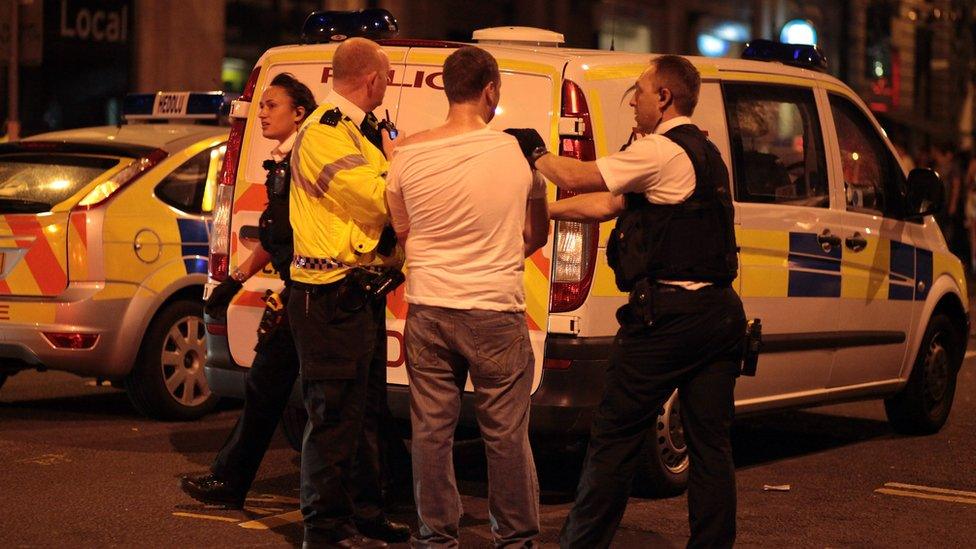
"We plan to introduce this model to see if it's as effective in reducing road crashes in which adolescents are injured as it is for preventing violence."
The current model has seen a drop in violence of more than 40% and been so successful, the UK government made it part of its crime prevention programme.
It has also been used in parts of the United States, Australia, South Africa and Netherlands.
He came up with the idea while researching for his PHD after learning up to two thirds of incidents which resulted in hospital treatment were not known to police.
"The thing I'm most proud of is the violence falling across England and Wales," said Mr Shepherd, who is a professor of oral and maxillofacial surgery at the city's University Hospital of Wales.
"In Cardiff, there have been almost 1,000 fewer hospital admissions following violence between 2002 and 2016 and around 65,000 fewer A&E attendances following violence.
"As a surgeon myself, clearly that's fantastic news as it takes a lot of work away and it's very costly to deal with 65,000 people who injured especially when most of this happens at nights and weekends when most health services are stretched."
- Published7 July 2017
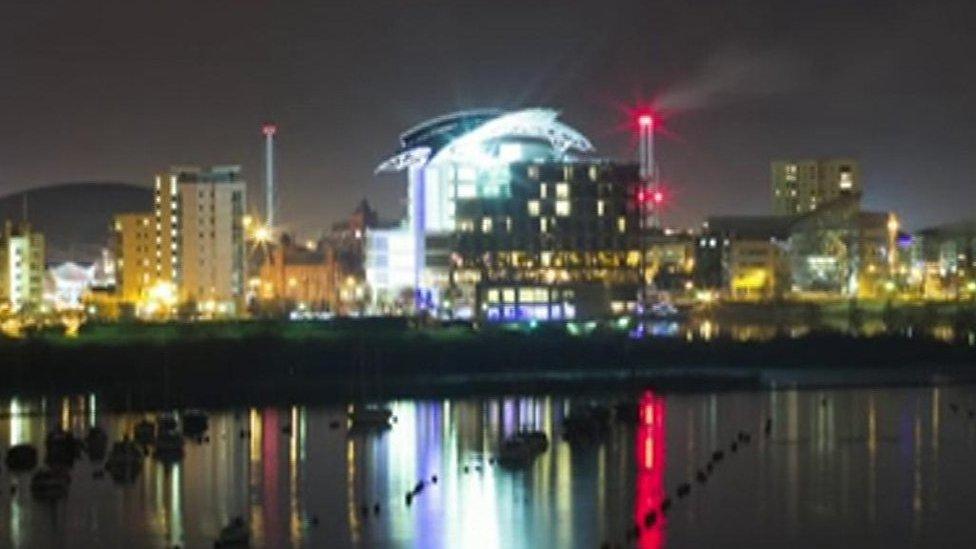
- Published15 March 2016
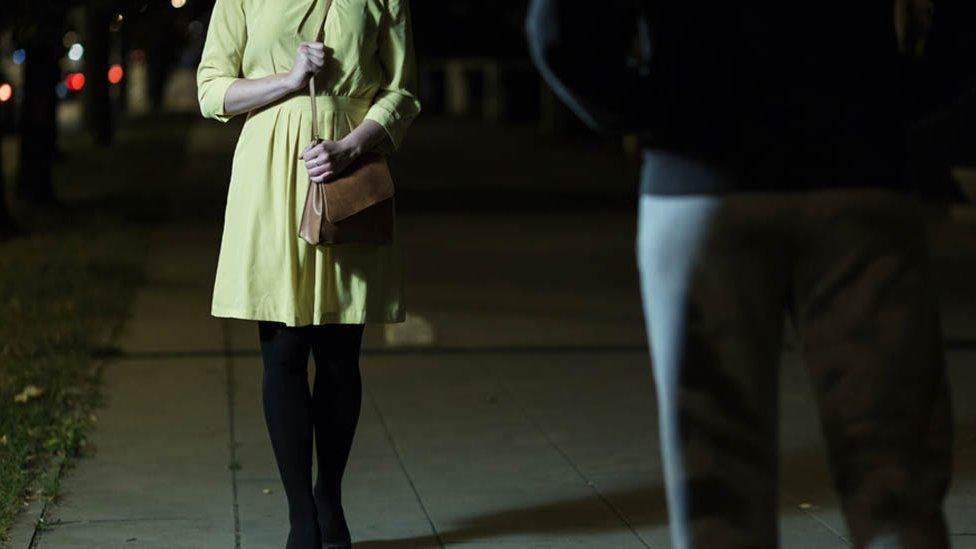
- Published11 December 2012
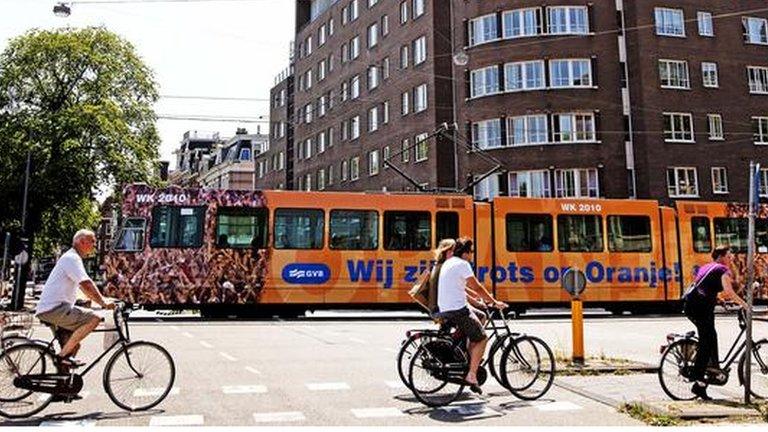
- Published18 April 2012
